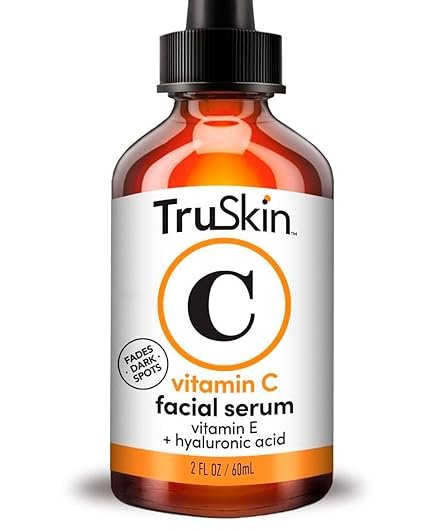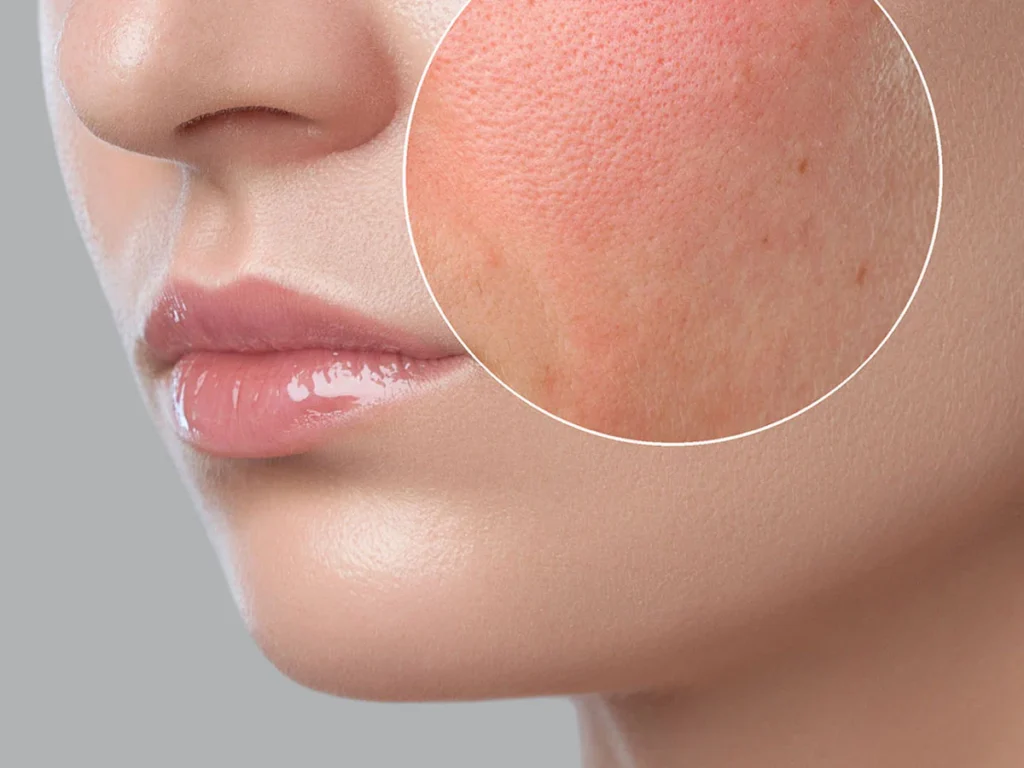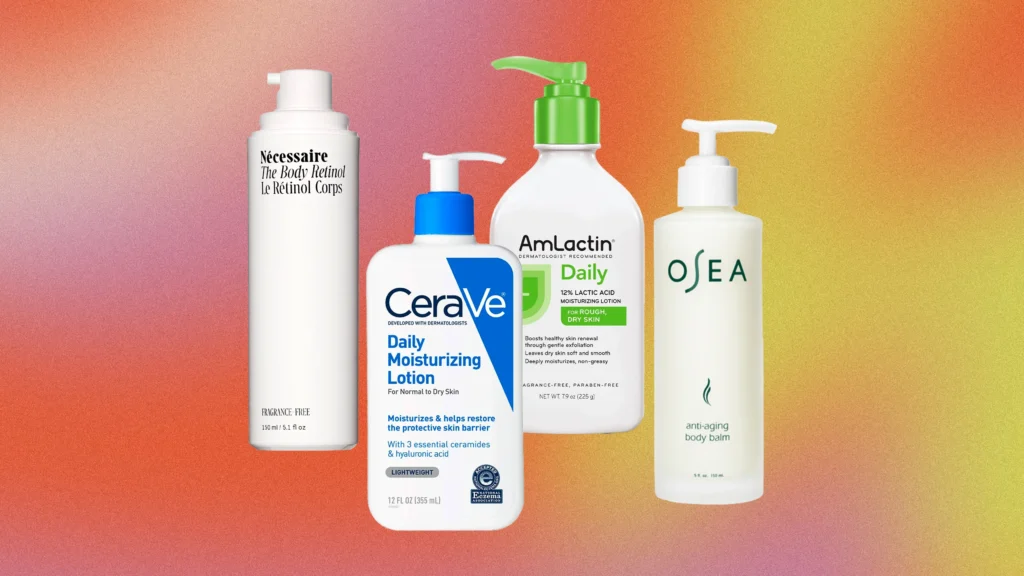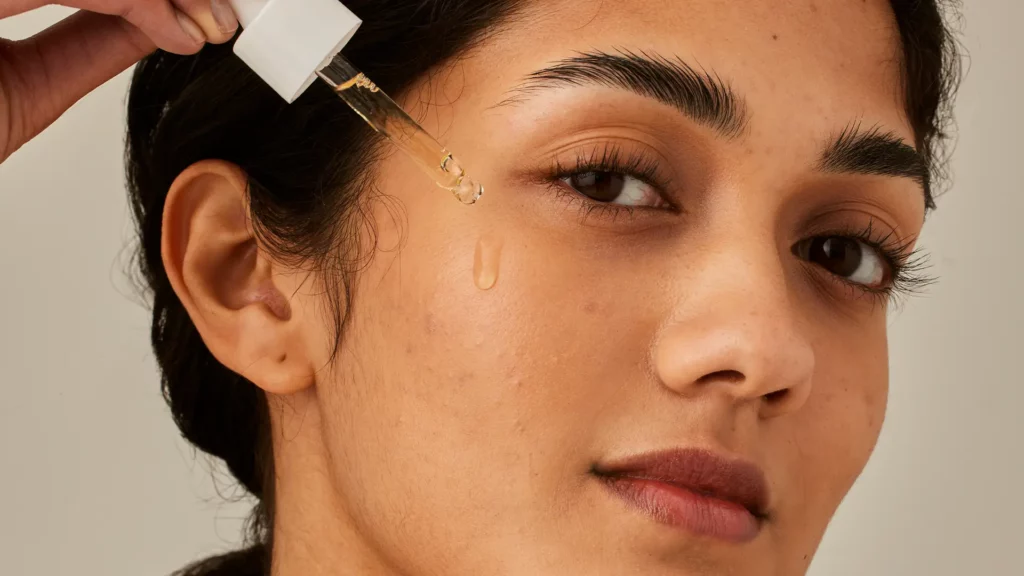Choosing the right antiaging serum is important for your skin’s health, as your skin’s needs may vary depending on its type, current condition and environmental exposures. Using a serum that doesn’t match your skin’s specific needs can cause problems like irritation, breakouts, and lack of desired results. Here is a detailed explanation. Choosing the right anti aging serum is crucial to your skin
2. Preventing negative reactions
Different skin types react differently to different ingredients. For example:
Sensitive Skin: This type is sensitive to redness, irritation, and allergic reactions. Choosing a serum that contains harsh ingredients, such as strong acids or high concentrations of retinol, can cause inflammation and potentially cause lasting damage.
Oily skin: Applying too many or heavy serums can clog pores, increasing the chances of acne and breakouts.
Choosing a serum according to your skin type reduces the chances of adverse reactions and helps maintain the health and balance of your skin.
3. Maximizing the efficacy of ingredients

Anti aging serums are packed with powerful ingredients like retinoids, peptides, and antioxidants. However, these ingredients are only effective if they are properly absorbed by the skin. The right serum formulation enhances absorption, allowing active ingredients to penetrate deep into the skin where they can stimulate collagen production, fight free radicals, and repair damage.
For example:
Dry skin: A serum with hydrating ingredients like hyaluronic acid is needed to plump the skin and reduce the appearance of fine lines.
Oily skin: Benefits of a lightweight, oil-free serum with ingredients like salicylic acid that can reduce excess oil and prevent breakouts.
Choosing a serum that matches your skin type ensures that the beneficial ingredients are used effectively, which will significantly improve the appearance and texture of your skin.
4. Maintaining the skin’s natural barrier
Your skin’s natural barrier plays an important role in retaining moisture and protecting it from environmental stressors such as pollution and UV rays. Using the wrong serum can compromise this barrier, leading to problems like dehydration, increased sensitivity and accelerated aging. For example, serums containing alcohol or other drying ingredients can strip oily skin of essential moisture, prompting it to produce even more oil.
A serum tailored to your skin type will strengthen the skin’s barrier, help maintain hydration levels and protect against environmental damage — key factors in preventing premature aging.
5. Long-term skin health
The skin is your body’s largest organ, and its health is essential to your overall health. Using the wrong skin care products can cause lasting damage, including permanent dryness, hyperpigmentation, and accelerated signs of aging. By choosing an antiaging serum designed specifically for your skin type, you’re investing in the long-term health of your skin, helping it stay soft, youthful and radiant.
6. Cost effectiveness
Skincare products, especially high-quality serums, can be an investment. Choosing the wrong product not only wastes money, but also means you miss out on the benefits of a product that can truly improve your skin. By choosing the right serum for your skin type, you get the best value for your money, as you are more likely to see positive results and avoid unnecessary complications.

The result
Choosing the right anti-aging serum is more than just picking a product that claims to fight wrinkles. It’s about understanding your skin’s unique needs and choosing a product that works for your skin type. This thoughtful approach not only helps you achieve your anti-aging goals, but also ensures that your skin stays healthy, balanced and protected for years to come.
Understanding Anti-Aging Serums
Anti-aging serums are skin care products designed to fight wrinkles, fine lines and other signs of aging. Packed with powerful ingredients like retinol, vitamin C, and hyaluronic acid, they penetrate deep into collagen, hydrate, and improve skin texture. For best results, use the serum after cleansing and before applying your moisturizer. With continuous use, the skin starts to look younger.
Identifying Your Skin Type
Knowing your skin type is key to choosing the right skin care products. Here’s a quick guide:
Normal skin: Balanced, smooth, with small pores. Feels comfortable all day.
Oily skin: shiny, with large pores and prone to acne. It feels greasy immediately after washing.
Dry skin: rough, flaky, tight. There is a lack of moisture and it may appear dull.
Sensitive Skin: Often reacts with irritation, redness and discomfort.
Best Anti-Aging Serums for Each Skin Type
Selecting the right anti-aging serum based on your skin type can enhance its effectiveness and prevent potential irritation. Here’s a detailed guide to the best anti-aging serums for different skin types:
1. Normal Skin
- Characteristics: Balanced, smooth texture without excess oil or dryness.
- Best Serums:
- Vitamin C Serums: Help brighten and even out skin tone while providing antioxidant protection.
- Hyaluronic Acid Serums: Offer hydration and plumpness without being too heavy or greasy.
- Peptide Serums: Support collagen production and improve skin firmness.
Recommended Ingredients: Vitamin C, Hyaluronic Acid, Peptides.
2. Oily Skin
- Characteristics: Shiny or greasy appearance, especially in the T-zone, with larger pores and prone to acne.
- Best Serums:
- Niacinamide Serums: Control oil production, minimize pores, and reduce inflammation.
- Salicylic Acid Serums: Help clear out clogged pores and prevent acne breakouts.
- Oil-Free Hyaluronic Acid Serums: Provide hydration without adding extra oil.
Recommended Ingredients: Niacinamide, Salicylic Acid, Oil-Free Hyaluronic Acid.

3. Dry Skin
- Characteristics: Rough, flaky texture with a tight or itchy feeling. Lacks moisture and can appear dull.
- Best Serums:
- Hydrating Serums with Hyaluronic Acid: Deeply moisturize and plump the skin.Retinol Serums: Promote cell turnover and improve texture while enhancing moisture retention.
- Ceramide Serums: Strengthen the skin barrier and prevent moisture loss.
Recommended Ingredients: Hyaluronic Acid, Retinol, Ceramides.
5. Sensitive Skin
- Characteristics: Easily irritated, prone to redness and discomfort.
- Best Serums:
- Soothing Serums with Chamomile or Aloe Vera: Calm irritation and reduce redness.
- Gentle Hyaluronic Acid Serums: Hydrate without causing irritation.
- Vitamin C Serums with Low Acidity: Provide antioxidant benefits while minimizing potential irritation.
Recommended Ingredients: Chamomile, Aloe Vera, Gentle Hyaluronic Acid, Low-Acidity Vitamin C.

How to Choose the Right Serum
- Consider Your Skin’s Needs: Choose serums based on your specific skin concerns (e.g., hydration, oil control, redness).
- Patch Test New Products: Apply a small amount on a less sensitive area to ensure compatibility.
- Adjust Seasonally: Your skin’s needs might change with the seasons, so adapt your serum accordingly.
How to Use Anti-Aging Serum Effectively
Using anti aging serums correctly ensures you get the most out of these powerful skincare products. Here’s a detailed guide on how to use an anti-aging serum effectively:
1. Select a serum that suits your skin type.
Assess your needs: Choose a serum that addresses your specific concerns (eg hydration, wrinkles, uneven skin tone).
Check the ingredients: Make sure the serum contains effective ingredients according to your skin type and concerns.
2. Cleanse your skin.
Start with a fresh clean face: Use a mild cleanser to remove any impurities, oil and makeup. This allows the serum to penetrate your skin more effectively.
Pat Dry: Gently pat your face with a clean towel, leaving it slightly damp to enhance serum absorption.
3. Apply serum.
Apply a small amount: Usually, a pea-sized amount is sufficient. If desired, apply it to your face, neck and decolletage.
Apply evenly: Use your fingers to spread the serum evenly over your skin. Avoid using excessive pressure to reduce the risk of burns.
4. Layer correctly
Application sequence: Apply serum after cleansing and before moisturizing. If you use other treatments (like a toner or exfoliant), apply a serum after these steps.
Wait between layers: Allow the serum to fully absorb before applying the next product (e.g. moisturizer). This helps the serum work effectively.
5. Follow with moisturizer.
Lock in moisture: After applying the serum, follow up with a moisturizer to lock in hydration and maximize the benefits of the serum.
Choose complementary products: Make sure your moisturizer complements the serum and suits your skin type.
6. Use sunscreen.
Protect your skin: Apply sunscreen every morning after your serum and moisturizer. Many antiaging serums make your skin more sensitive to the sun, so it’s important to protect your skin from UV damage.
7. Consistency is key.
Apply regularly: For best results use the serum as directed, usually once or twice daily. Continued use helps achieve and maintain visible improvements.
Monitor Results: Give it time to work. Results are usually visible after several weeks of regular use.
8. Avoid overuse.
Do not over-apply: Using too much serum or applying it too often can cause irritation or reduced effectiveness. Follow the recommended dosage and frequency of application for maximum results.
Summary
Choose: Choose a serum based on your skin type and concerns.
Cleanse: Wash your face before applying.
Apply: Use a small amount, apply evenly, and wait for it to absorb.
Moisturize: Use moisturizer to lock in hydration.
Sunscreen: Apply daily to protect your skin.
Be persistent: Use regularly and monitor results.
Expert Tips and Common Mistakes to Avoid
Expert Tips:
- Patch Test: Check for irritation by testing a small amount on your skin before full use.
- Apply Consistently: Use the serum regularly as directed for best results.
- Damp Skin: Apply serum to slightly damp skin for better absorption.
- Correct Layering: Apply serum after cleansing and before moisturizing.
- Proper Storage: Keep in a cool, dark place to maintain efficacy.
- Daily Sunscreen: Protect your skin with SPF to prevent sun damage.
Common Mistakes:
- Overusing: Applying too much or too often can cause irritation. Use as recommended.
- Skipping Absorption Time: Don’t layer products too quickly. Allow each to absorb fully.
- Conflicting Ingredients: Avoid combining incompatible ingredients to prevent irritation.
- No Sunscreen: Don’t skip sunscreen; it’s crucial for protecting your skin.
- Neglecting Routine: Don’t rely solely on serum; follow a complete skincare regimen.






